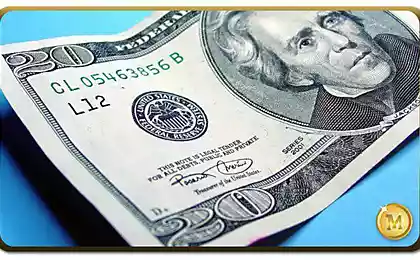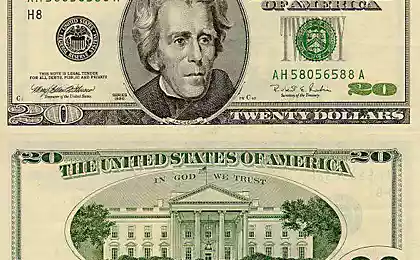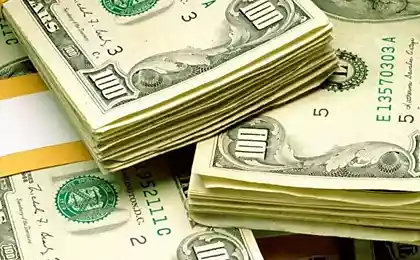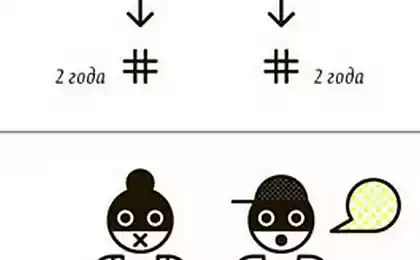469
How to sell a 20 dollar bill 10 times more expensive?
Every year Professor max Bazerman able to sell to the MBA students from Harvard Business School bill in twenty dollar much more of her naminal. Once he even managed to sell $20 for $204. How does he do that?
The Professor simply shows students a bill denominated in $ 20 and holds something like auction but with one small condition. People walking immediately after the winner is obliged to give the Professor the money he was willing to give for $20.
For a good example – let's say the highest bid is $ 16, and the second largest at $ 15. The winner gets twenty for only $ 16, and the second one gives the Professor $ 15.
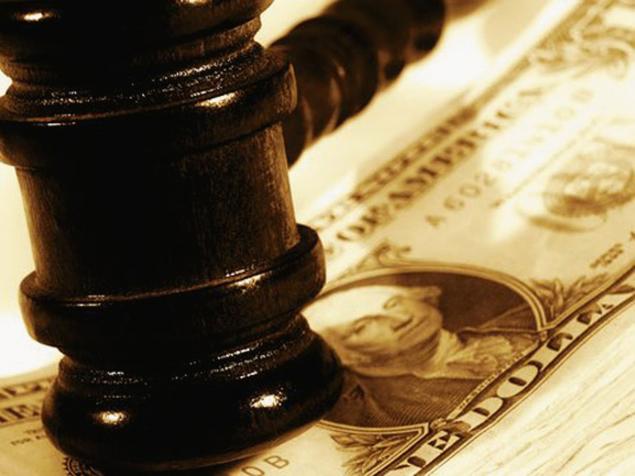
The starting price is one dollar. When the price reaches 12-16 dollars, all students are eliminated from the auction and there are only those two which have the highest offer. After that, the price rises to 20. It is clear that to win is impossible, however, to lose also not desirable, because the losers not only get nothing – he still has to pay the Professor his last bid denomination. Thus, the auction may continue and quickly comes to $ 50, then to the pack so on.
Why do people consistently pay for twenty dollars more money and that tries to show the Professor? The weak point of a person, especially in business, is the fear of loss (fear of lost). Studies show that when a person begins to lose money, he behaves irrationally.
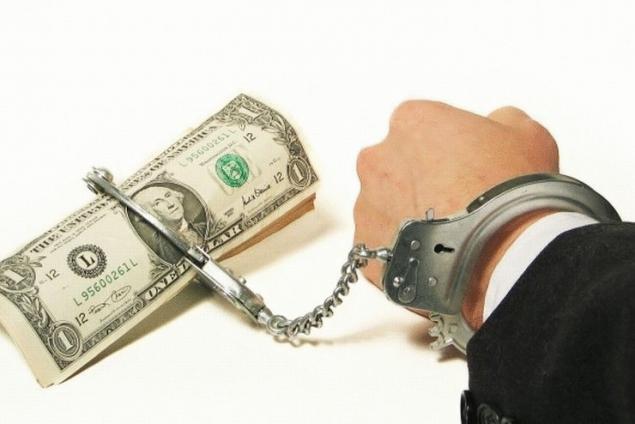
Initially, all the students think that they can get free money. But when trades reach up to $12-$16, the second man realizes that he can lose money, so he starts to raise the price, until the auction reaches $21. Already, both parties are in the red. But one will lose only a dollar, and the second 20. To minimize losses, everyone tries to win. But this race leads only to the fact that every bidder loses more and more money until the amount of losses reaches the limit, when you continue to play does not make sense.
This phenomenon is used in casino and gambling.
So remember the lesson cunning Professor – fear of losses leads to large losses. Record losses until they are minimal.
Source: /users/448
The Professor simply shows students a bill denominated in $ 20 and holds something like auction but with one small condition. People walking immediately after the winner is obliged to give the Professor the money he was willing to give for $20.
For a good example – let's say the highest bid is $ 16, and the second largest at $ 15. The winner gets twenty for only $ 16, and the second one gives the Professor $ 15.

The starting price is one dollar. When the price reaches 12-16 dollars, all students are eliminated from the auction and there are only those two which have the highest offer. After that, the price rises to 20. It is clear that to win is impossible, however, to lose also not desirable, because the losers not only get nothing – he still has to pay the Professor his last bid denomination. Thus, the auction may continue and quickly comes to $ 50, then to the pack so on.
Why do people consistently pay for twenty dollars more money and that tries to show the Professor? The weak point of a person, especially in business, is the fear of loss (fear of lost). Studies show that when a person begins to lose money, he behaves irrationally.

Initially, all the students think that they can get free money. But when trades reach up to $12-$16, the second man realizes that he can lose money, so he starts to raise the price, until the auction reaches $21. Already, both parties are in the red. But one will lose only a dollar, and the second 20. To minimize losses, everyone tries to win. But this race leads only to the fact that every bidder loses more and more money until the amount of losses reaches the limit, when you continue to play does not make sense.
This phenomenon is used in casino and gambling.
So remember the lesson cunning Professor – fear of losses leads to large losses. Record losses until they are minimal.
Source: /users/448







